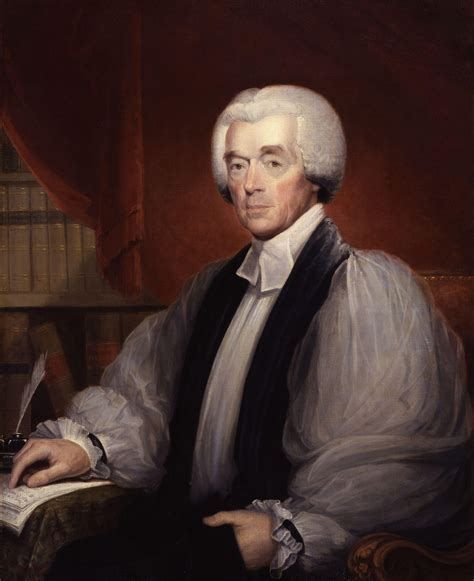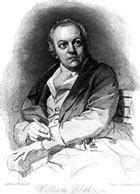A Quote by Charles Inglis
All the dark, malevolent Passions of the Soul are roused and exerted; its mild and amiable affections are suppressed; and with them, virtuous Principles are laid prostrate.
Quote Topics
Related Quotes
Sin also carries on its war by entangling the affections and drawing them into an alliance against the mind. Grace may be enthroned in the mind, but if sin controls the affections, it has seized a fort from which it will continually assault the soul. Hence, as we shall see, mortification is chiefly directed to take place upon the affections.
Besides, Rose Bradwardine, beautiful and amiable as we have described her, had not precisely the sort of beauty or merit which captivates a romantic imagination in early youth. She was too frank, too confiding, too kind; amiable qualities, undoubtedly, but destructive of the marvellous, with which a youth of imagination delights to dress the empress of his affections.
That discipline which corrects the eagerness of worldly passions, which fortifies the heart with virtuous principles, which enlightens the mind with useful knowledge, and furnishes to it matter of enjoyment from within itself, is of more consequence to real felicity than all the provisions which we can make of the goods of fortune.
As it is with spiritual discoveries and affections given at first conversion, so it is in all subsequent illuminations and affections of that kind; they are all transforming. There is a like divine power and energy in them as in the first discoveries; they still reach the bottom of the heart, and affect and alter the very nature of the soul, in proportion to the degree in which they are given. And a transformation of nature is continued and carried on by them to the end of life, until it is brought to perfection in glory.
As long as we are human, we are destined to make mistakes. We all fall prey to flawed beliefs and views. What separates a forward-looking person from an intransigent one, a virtuous person from a malevolent one, however, is whether one can candidly admit to ones mistakes and take bold steps to redress them.
Tacitus appears to have been as great an enthusiast as Petrarch for the revival of the republic and universal empire. He has exerted the vengeance of history upon the emperors, but has veiled the conspiracies against them, and the incorrigible corruption of the people which probably provoked their most atrocious cruelties. Tyranny can scarcely be practised upon a virtuous and wise people.
It is only by hearsay (by word of mouth passed down from generation to generation) that whole peoples adore the God of their fathers and of their priests: authority, confidence, submission and custom with them take the place of conviction or of proofs: they prostrate themselves and pray, because their fathers taught them to prostrate themselves and pray: but why did their fathers fall on their knees?






































